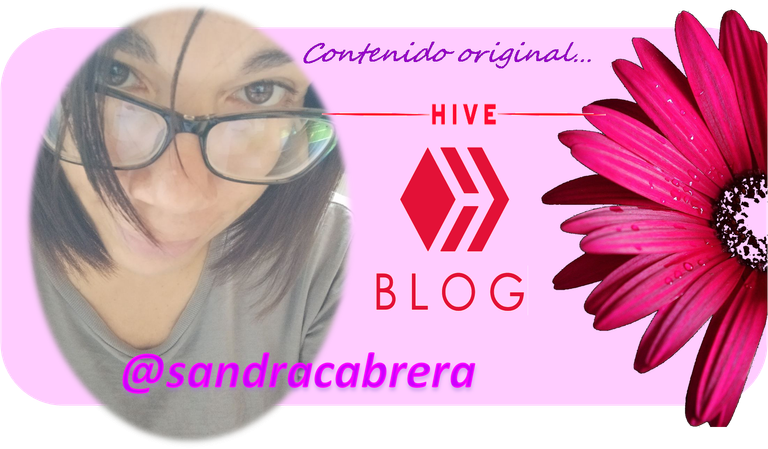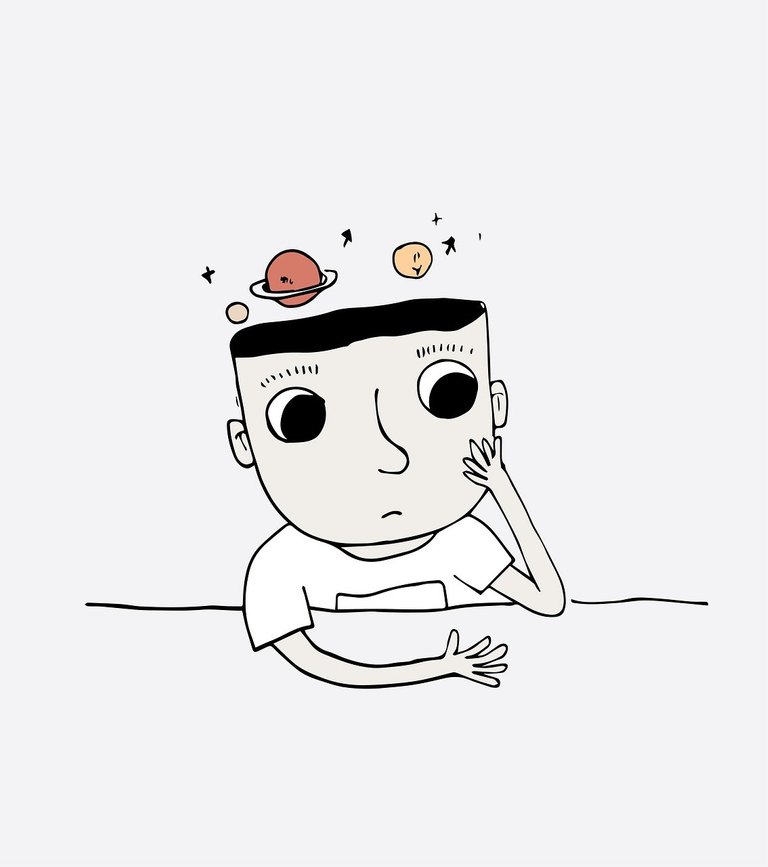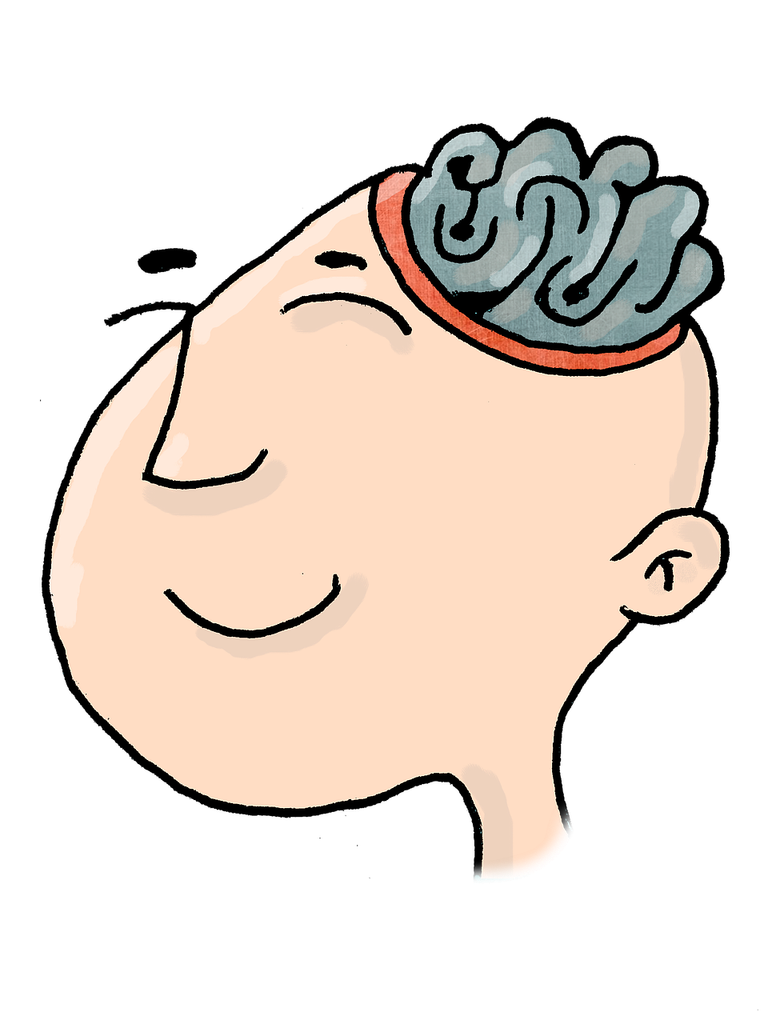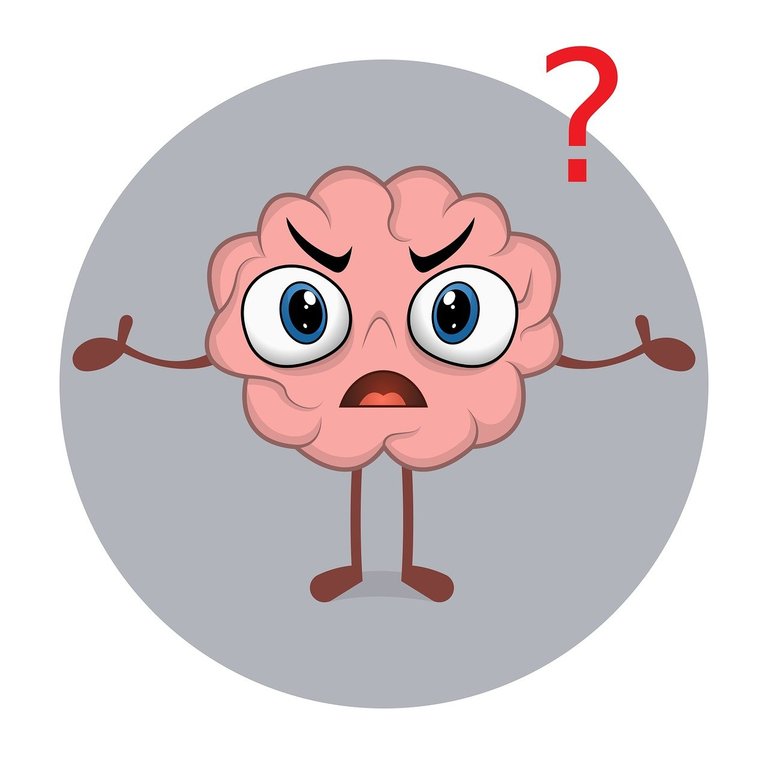Razonar con base en el ¨primer principio¨ para abordar los problemas./Reason based on the “first principle” to address problems.
El primer principio es no engañarte a ti mismo… y tú eres la persona más fácil de engañar”.
Richard Feynman
Se conoce como primer principio o el pensamiento del primer principio. El filósofo Aristóteles lo describió como "la primera base a partir de la cual se conoce una cosa¨ Aunque pienso que no es un tema de fácil lectura y entendimiento, debido a la complejidad con la que se ha intentado arropar una cantidad de situaciones, no siempre acogidas a la raíz epistémica del planteamiento aristotélico, explicaré esta dialéctica a partir de su planteamiento.

Aunque no se trate de estar en acuerdo, se trata de entender que el progreso se erige como un cono, que tiene una base y una circunferencia sobre la que crece y se acumulan las prestaciones de las ciencias, como una escalera de caracol, siempre en progreso. Entonces, todo conocimiento que nos ha antecedido tiene responsabilidad en los hechos contemporáneos.
Pienso que el afán de modernidad, de progresar y de avanzar más rápido que el tiempo, el multitasking, nos ha llevado a olvidar o a pensar que la ideas de antiguos pensadores y filósofos romanos es cosa del pasado, sin implicaciones en nuestro presente. Es algo que asocio también con el avance del conocimiento y de las ciencias. Poiesis y episteme son eternas, es dialéctica de la vida sobre la que descansan pilares de los que somos y donde estamos hoy.
Los grandes filósofos de la historia teniendo como incentivo su propio pensamiento, generaron ideas que se tradujeron en importantes cambios en las ciencias fácticas y las ciencias sociales. Aún muchas de estas ideas aún se estudian por su complejidad, profundidad e implicaciones epistémicas
Las neurociencias, basan sus aportaciones en base a preceptos que fueron puestos en evidencia por los grandes pensadores de la antiguedad. Por ejemplo, la puesta en escena de los sentidos para conocer el mundo tiene como base el conocimiento sensible propuesto por Aristóteles.

El conocimiento sensible es, pues, el punto de partida de todo conocimiento, que culmina en el saber.
La filosofía de Aristóteles
Sin pretender adentrarme en las teorías sobre el conocimiento, lo que quiero ilustrar es, por una parte, el deslinde entre las bases comunes entre lo pasado y lo presente; y por otra, lo que hoy me trae a través de este río de letras: el saber al que se refería Aristóteles, que aprehendemos a través de los sentidos, es la base la sabiduría, y es este proceso, que se adquiere el entendimiento.
…que da lugar al verdadero conocimiento que consiste en el conocimiento de las sustancias por sus causas y principios.
La génesis del conocimiento: de la sensación a la razón
Por lo tanto, el conocimiento implica el saber de y sobre las cosas del mundo. En consecuencia, se tiene el conocimiento sobre un objeto cuando conocemos sus causas (identidad) y principios (carácter).
Cuando tenemos un problema, cualquiera sea su naturaleza, debemos pensar en él no por comparaciones o relaciones con otras situaciones; sino en su naturaleza. Según el primer principio nos distraen aspectos del objeto de conocimiento, el problema, que son irrelevantes, limitanso de esta forma tanto su comprensión como la toma de decisiones para su conclusión.
La estrategia es identificar el quid de la cuestión: al primer principio, aquello que el filósofo Aristóteles describió como "la primera base a partir de la cual se conoce una cosa".

En otras palabras, consiste en despojar el asunto de convenciones y prejuicios, hasta quedarse con lo esencial.
Qué es el 'primer principio', el antiguo método de pensamiento que permite hallar soluciones creativas a los problemas
Grandes hombre de nuestro tiempo, al parecer, pusieron en práctica este principio y tuvieron notable éxito en sus empresas de vida. Entre ellos Elon Musk, Tim Urban, Steve Jobs, por ejemplo.
Tiendo a abordar las cosas desde un marco físico. La física te enseña a razonar a partir del primer principio y no por analogía.
Musk a Chris Anderson, de la revista Wired.

Desde ellos, famosos, hacia nosotros.
Son diversas las razonas por las estoy de acuerdo con Fernando Savater cuando dice que la filosofía sirve para vivir mejor. Si logramos aprehender sus aportaciones y nos valemos de ellas para aplicarlas con disciplina a nuestra vida cotidiana, definitivamente comenzaremos observar cambios positivos en nuestro estilo de vida. Existen evidencias, divulgadas por sus protagonistas que deberían colocarnos en el camino de la autoobservación y del emprendimiento de nuestros propios cambios.
La filosofía contemporánea lideras ideas provocativas, que rozan estas reflexiones. En este sentido, pienso que debemos explorar seriamente el desarrollo de esta perspectiva: el primer principio, toda vez que estas contribuciones revelan la compleja riqueza del pensamiento que potencia nuestras reflexiones, hasta desafiar el orden y el establecimiento del statu quo y orden de las cosas que se da por supuesto.
Ha sido grato y sobre todo interesante volver sobre estos temas que nos plasman de cerca el hecho de que somos factores de cambio, siempre comenzando por la autopoiesis. Nuestra mente es poderosa, Nuestro pensamiento transformna la realidad. Somos perfectamente capaces de reorganizar el campo perceptivo en forma creativa y única para ofrecernos oportunidades de vivir con mayor plenitud.

Traducción: con Google.

The first principle is not to deceive yourself… and you are the easiest person to deceive.”
Richard Feynman
It is known as first principle or first principle thought. The philosopher Aristotle described it as "the first basis from which a thing is known¨ Although I think it is not a topic that is easy to read and understand, due to the complexity with which an attempt has been made to cover a number of situations. , not always embracing the epistemic root of the Aristotelian approach, I will explain this dialectic based on its approach.

Although it is not about agreeing, it is about understanding that progress stands like a cone, which has a base and a circumference on which the benefits of science grow and accumulate, like a spiral staircase, always in progress. So, all knowledge that has preceded us has responsibility in contemporary events.
I think that the desire for modernity, to progress and move faster than time, multitasking, has led us to forget or think that the ideas of ancient Roman thinkers and philosophers are a thing of the past, with no implications for our present. It is something that I also associate with the advancement of knowledge and science. Poiesis and episteme are eternal, it is the dialectic of life on which the pillars of who we are and where we are today rest.
The great philosophers of history, using their own thinking as an incentive, generated ideas that translated into important changes in the factual sciences and social sciences. Many of these ideas are still studied for their complexity, depth and epistemic implications.
Neurosciences base their contributions on precepts that were highlighted by the great thinkers of antiquity. For example, the staging of the senses to know the world is based on the sensitive knowledge proposed by Aristotle.

Sensitive knowledge is, therefore, the starting point of all knowledge, which culminates in knowledge.
[The philosophy of Aristotle](https://www.webdianoia.com/aristoteles/aristoteles_conoc.htm#:~:text=Arist%C3%B3teles%20distingue%20varios%20niveles%20o,propio%20de%20los%20animales% 20lower.)
Without trying to delve into theories about knowledge, what I want to illustrate is, on the one hand, the demarcation between the common bases between the past and the present; and on the other hand, what brings me today through this river of letters: the knowledge that Aristotle referred to, which we apprehend through the senses, is the basis of wisdom, and it is this process that gives us understanding. _
…which gives rise to true knowledge, which consists of the knowledge of substances by their causes and principles.
The genesis of knowledge: from sensation to reason
Therefore, knowledge implies knowledge of and about the things of the world. Consequently, we have knowledge about an object when we know its causes (identity) and principles (character).
When we have a problem, whatever its nature, we must think about it not through comparisons or relationships with other situations; but in its nature. According to the first principle we are distracted by aspects of the object of knowledge, the problem, that are irrelevant, thus limiting both its understanding and decision-making for its conclusion.
The strategy is to identify the crux of the matter: the first principle, what the philosopher Aristotle described as "the first basis from which a thing is known".

In other words, it consists of stripping the matter of conventions and prejudices, until we are left with what is essential.
[What is the 'first principle', the ancient method of thinking that allows us to find creative solutions to problems]( https://acento.com.do/bbc-news-mundo/que-es-el-primer-principio- the-ancient-method-of-thinking-that-allows-finding-creative-solutions-to-problems-9359420.html)
Great men of our time, it seems, put this principle into practice and were remarkably successful in their life endeavors. Among them Elon Musk, Tim Urban, Steve Jobs, for example.
I tend to approach things from a physical framework. Physics teaches you to reason from the first principle and not by analogy.
Musk to Chris Anderson of Wired magazine.

From them, famous, to us.
There are various reasons why I agree with Fernando Savater when he says that philosophy serves to live better. If we manage to apprehend their contributions and use them to apply them with discipline to our daily lives, we will definitely begin to observe positive changes in our lifestyle. There is evidence, disclosed by its protagonists, that should place us on the path of self-observation and undertaking our own changes.
Contemporary philosophy leads provocative ideas that border on these reflections. In this sense, I think that we must seriously explore the development of this perspective: the first principle, since these contributions reveal the complex richness of thought that enhances our reflections, to the point of challenging the order and establishment of the status quo and order of things taken for granted.
It has been pleasant and above all interesting to return to these topics that closely reflect the fact that we are factors of change, always starting with autopoiesis. Our mind is powerful, Our thinking transforms reality. We are perfectly capable of reorganizing the perceptual field in creative and unique ways to offer us opportunities to live more fully.

Translation: with Google.






¡Enhorabuena!
✅ Has hecho un buen trabajo, por lo cual tu publicación ha sido valorada y ha recibido el apoyo de parte de CHESS BROTHERS ♔ 💪
♟ Te invitamos a usar nuestra etiqueta #chessbrothers y a que aprendas más sobre nosotros.
♟♟ También puedes contactarnos en nuestro servidor de Discord y promocionar allí tus publicaciones.
♟♟♟ Considera unirte a nuestro trail de curación para que trabajemos en equipo y recibas recompensas automáticamente.
♞♟ Echa un vistazo a nuestra cuenta @chessbrotherspro para que te informes sobre el proceso de curación llevado a diario por nuestro equipo.
🏅 Si quieres obtener ganancias con tu delegacion de HP y apoyar a nuestro proyecto, te invitamos a unirte al plan Master Investor. Aquí puedes aprender cómo hacerlo.
Cordialmente
El equipo de CHESS BROTHERS
Gracias por la información.
Lo tendré presente, @chessbrotherspro
Saludos
@tipu curate 4
Upvoted 👌 (Mana: 35/75) Liquid rewards.
Muy agradecida!, @damarysvibra
💯🙂
¡Wow! @sandracabrera
Me ha parecido un post muy completo.
El proceso de entender implica muchas variables, sobre todo, lo aprendido hasta los momentos por un ser humano.
Me ha gustado que nos des a conocer sobre el primer princípio.
Muchas gracias.
Hola, @emiliorios.
Ciertamente...
El primer principio precisamente busca que no nos distraigamos con esas variables y analicemos las directas sobre las que recae el problema. No hacer comparaciones; con otras situaciones; sino ir hacia lo que comparo con la situación primaria. Cuando logramos descomponer los problemas en sus componentes y/o principios fundamentales, la complejidad da paso a las soluciones.
Gracias por tus comentarios.
Saludos.
Gracias por tus aportes excelentes.
:)
Keep up the good work. 👏🎵
Dear beloved Hive creator,
Coding poet Gudasol here to support you sharing your art + life on Hive.
As a fellow creator, I know how hard it is to get the word out there.
I built cXc.world to help creators like us get more support from the blockchain community + beyond.
Share your music on cXc.world, and copy the Markdown for a easy post includes embedded players for Spotify, Youtube, Soundcloud.
That way, you can earn HIVE + stack streams on centralized platforms, as they do still matter.
Not a music creator? No problem. You can still use cXc.world to find + share music you love.
What's next?
Preview the next evolution of cXc, Tetra.earth.
Expose local music from your area!
We're helping grassroots musicians, and you can too by adding their music (no sign up or WAX account required).
Join our community 🐬
Find fellow music lovers in cXc's Discord
Bad news: Saying see you later to Hive! 👋
We didn't get the needed support to continue cXc.world on Hive, as our DHF proposal lacked votes, but [Good News Everyone] cXc.world will add a Markdown copy button, allowing you to easily share your music + music you find on Hive.
For now, we're on WAX, with tools you can use to mint your own Music/Media NFT collection.
Curious about the future of Earth + ET relations? New economic systems?
Find more apps + art from Gudasol
Want to build tools like I used to share this?
I'd love to show you some tips on AI Code generation